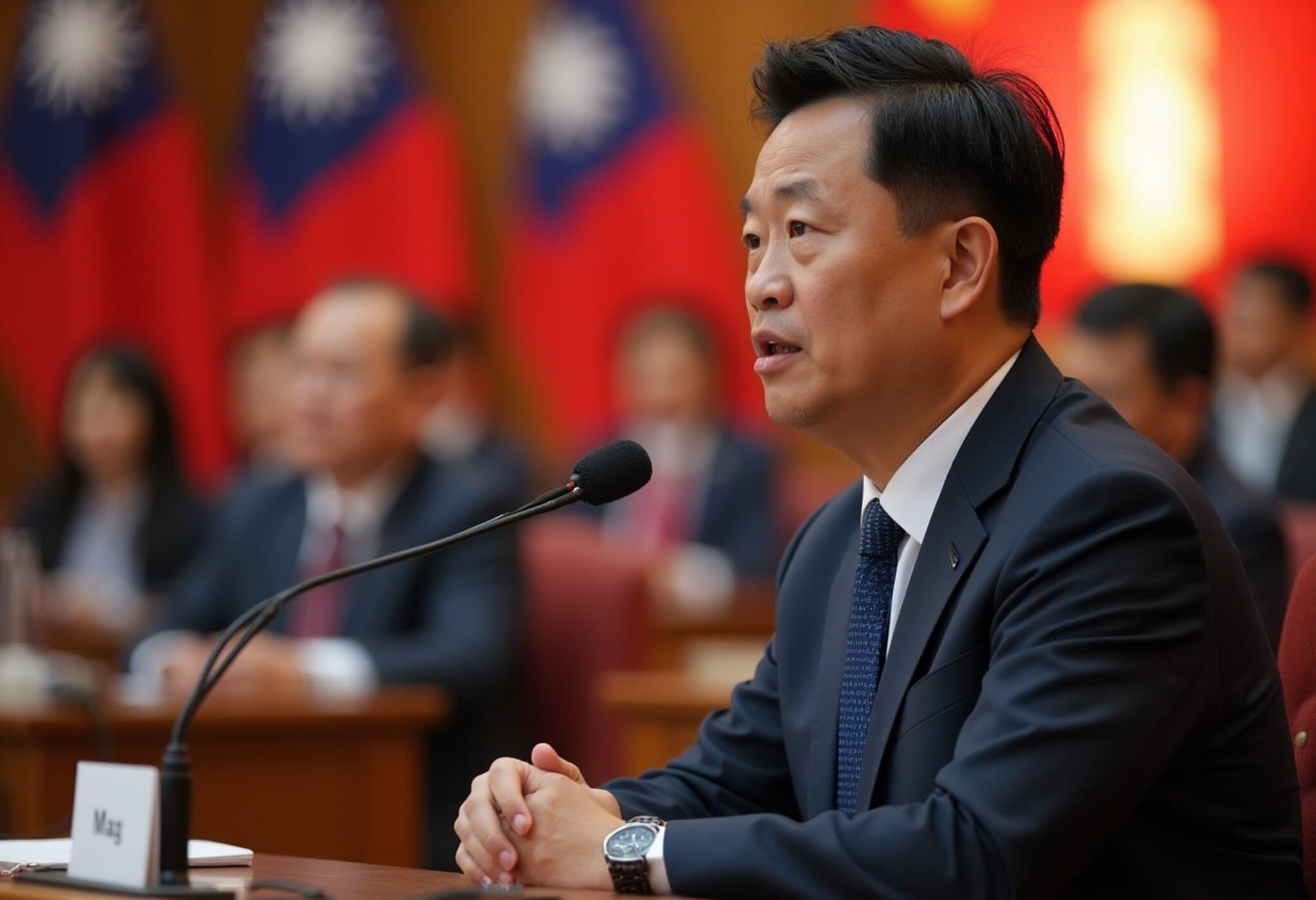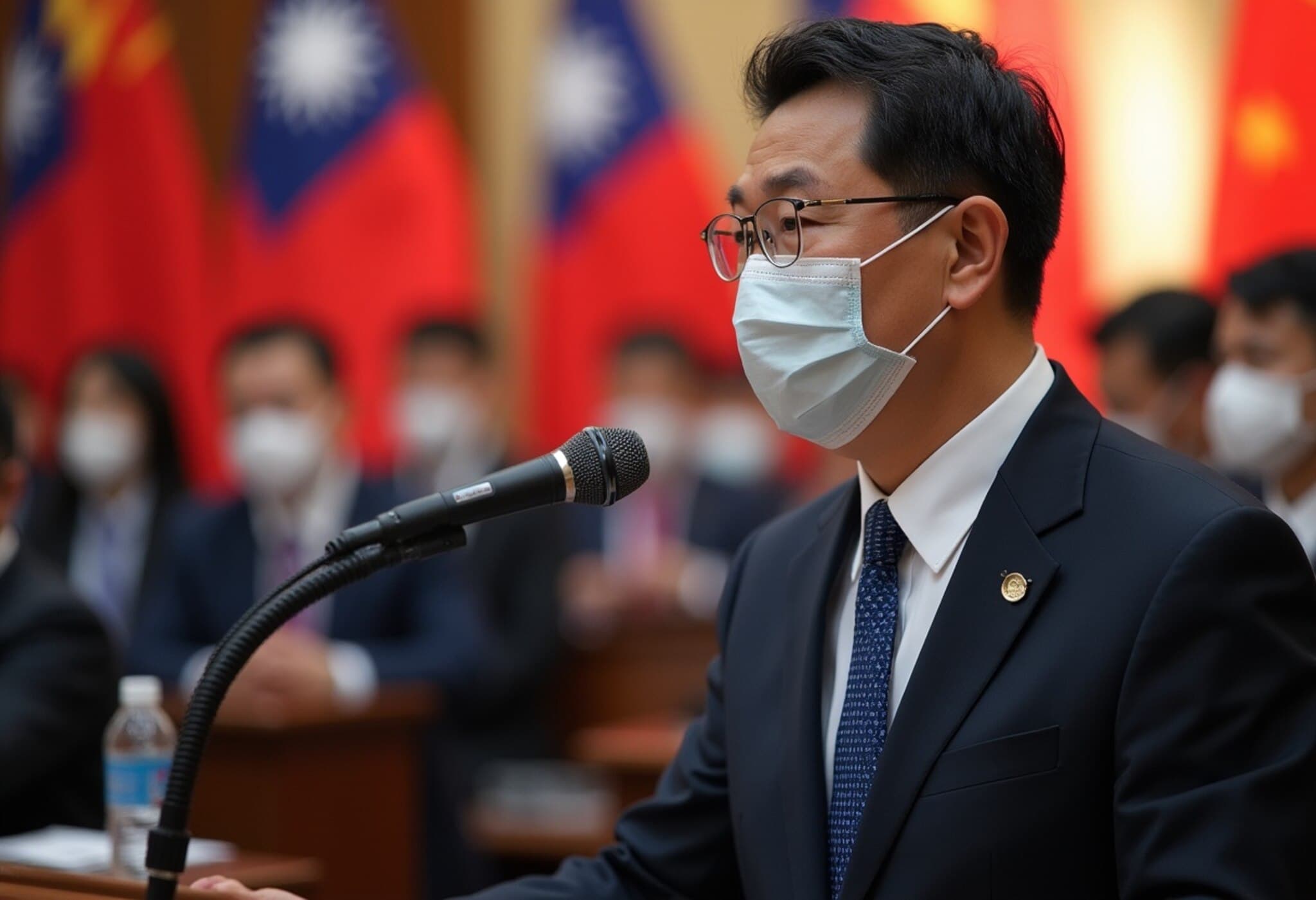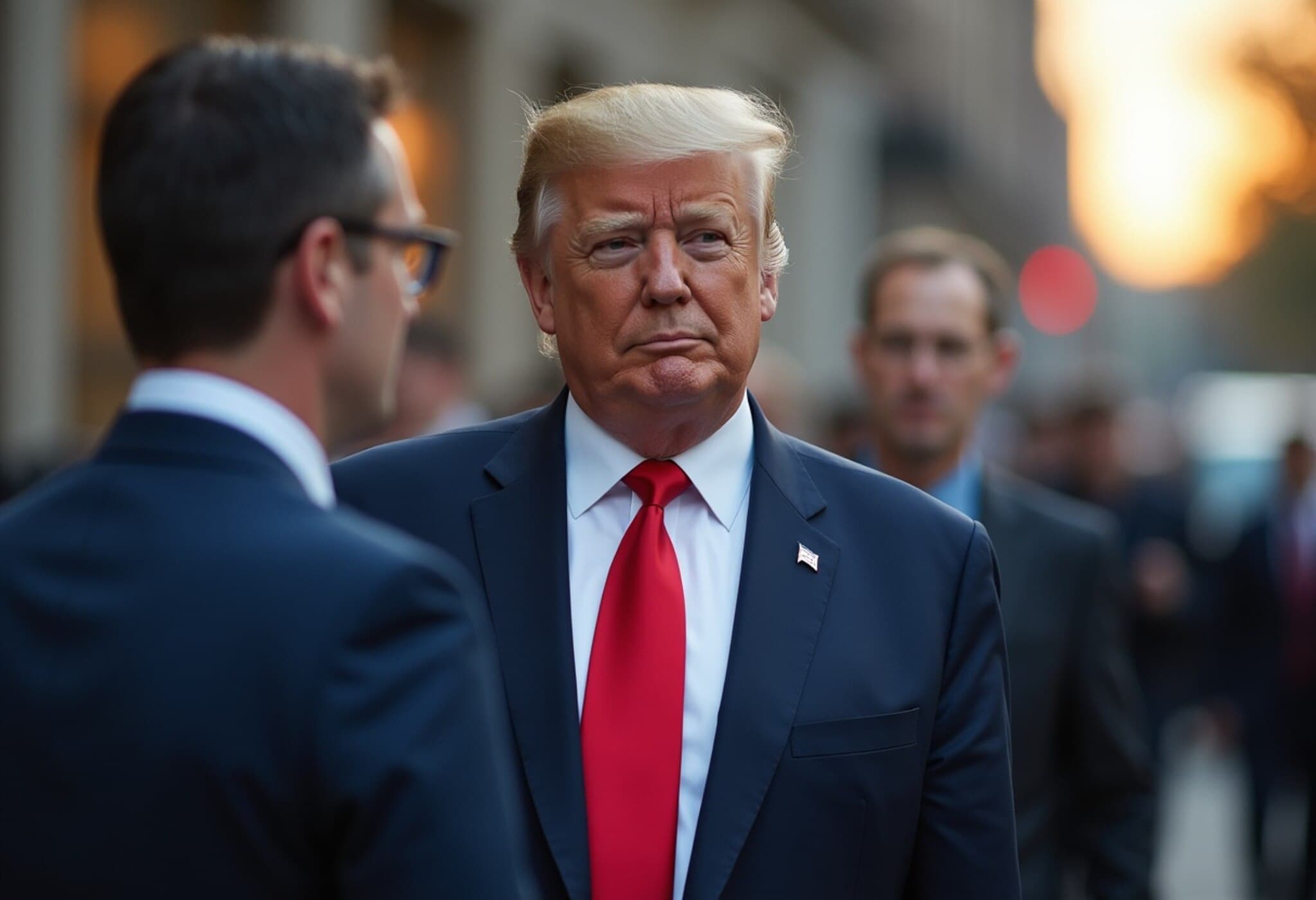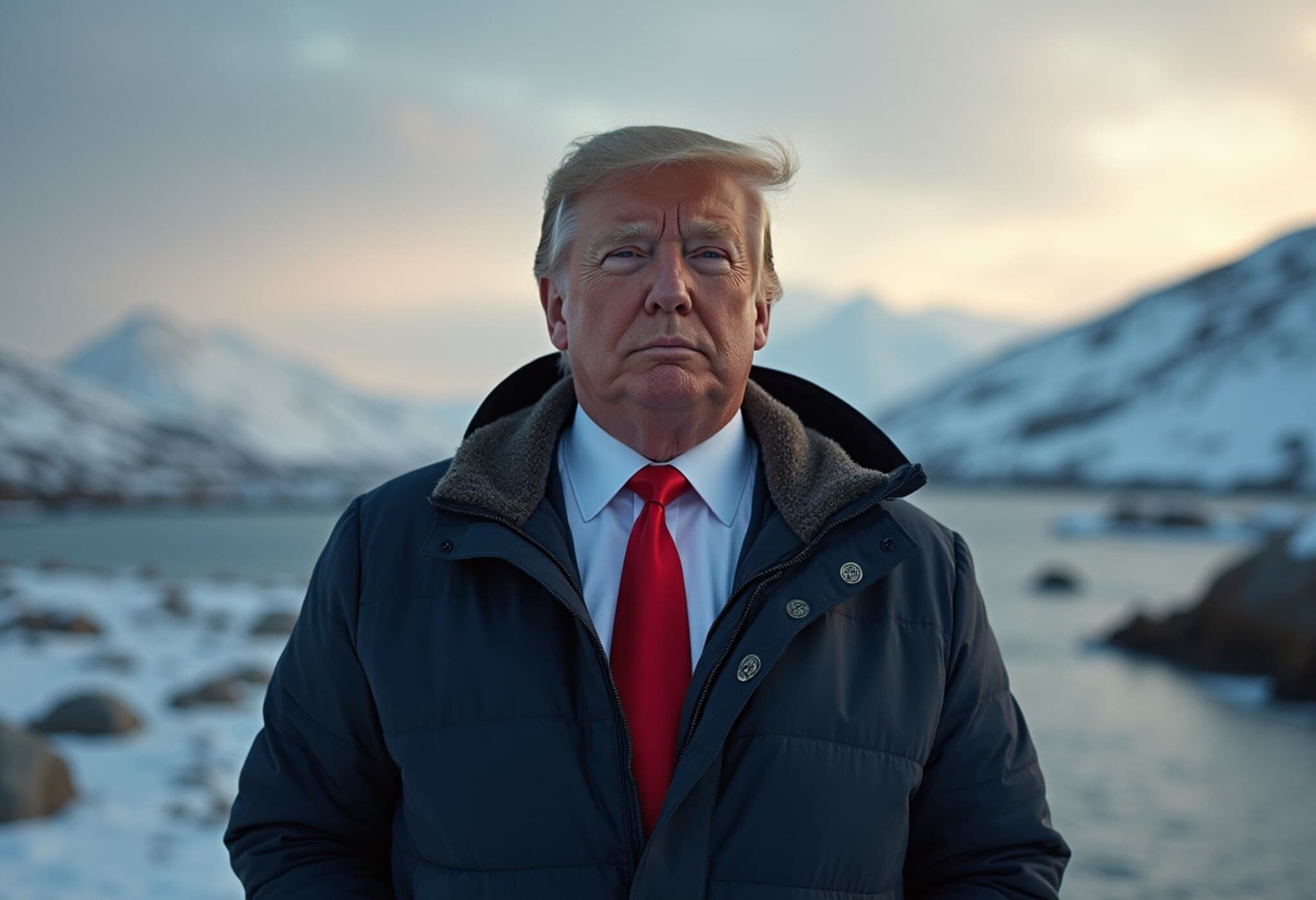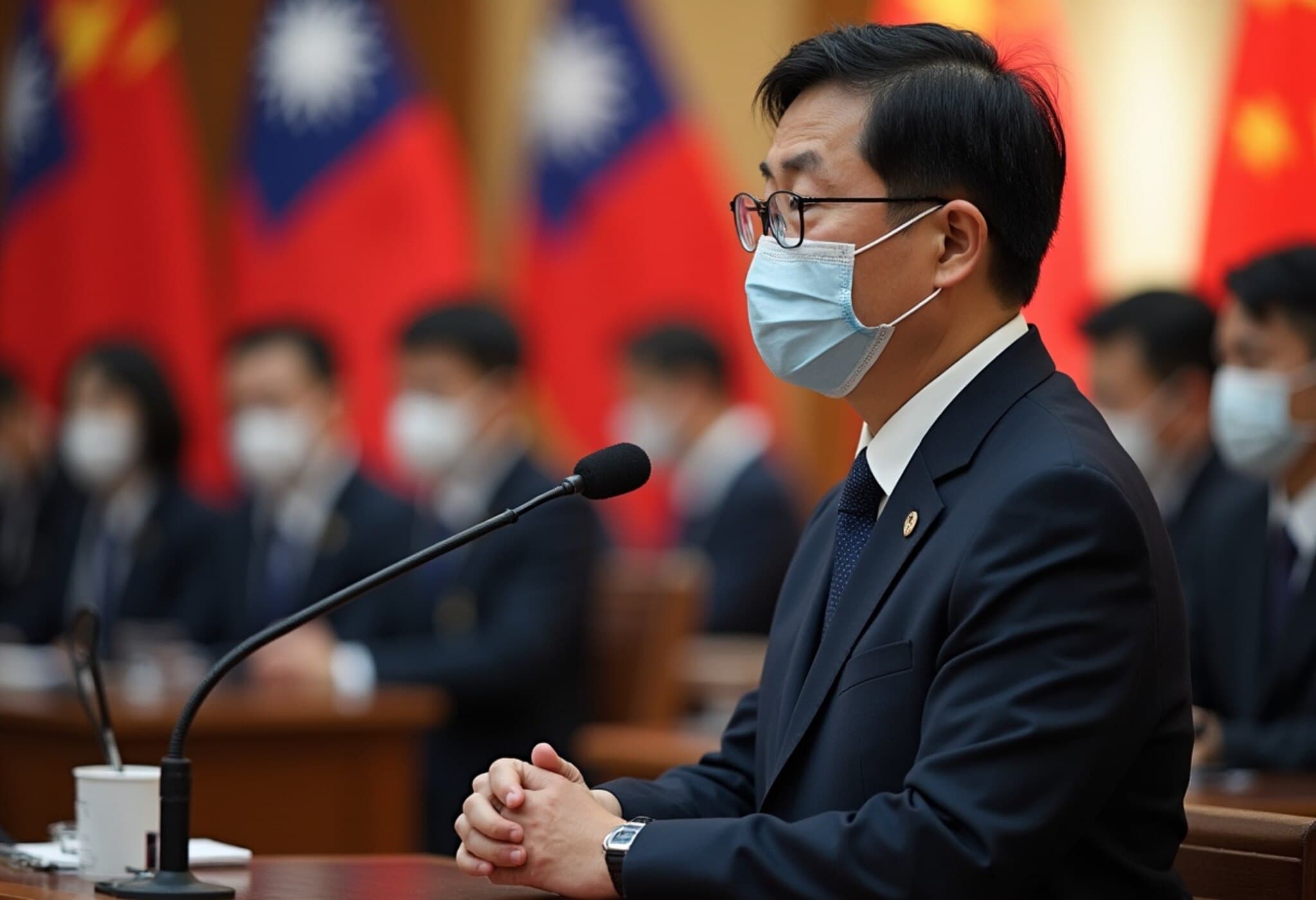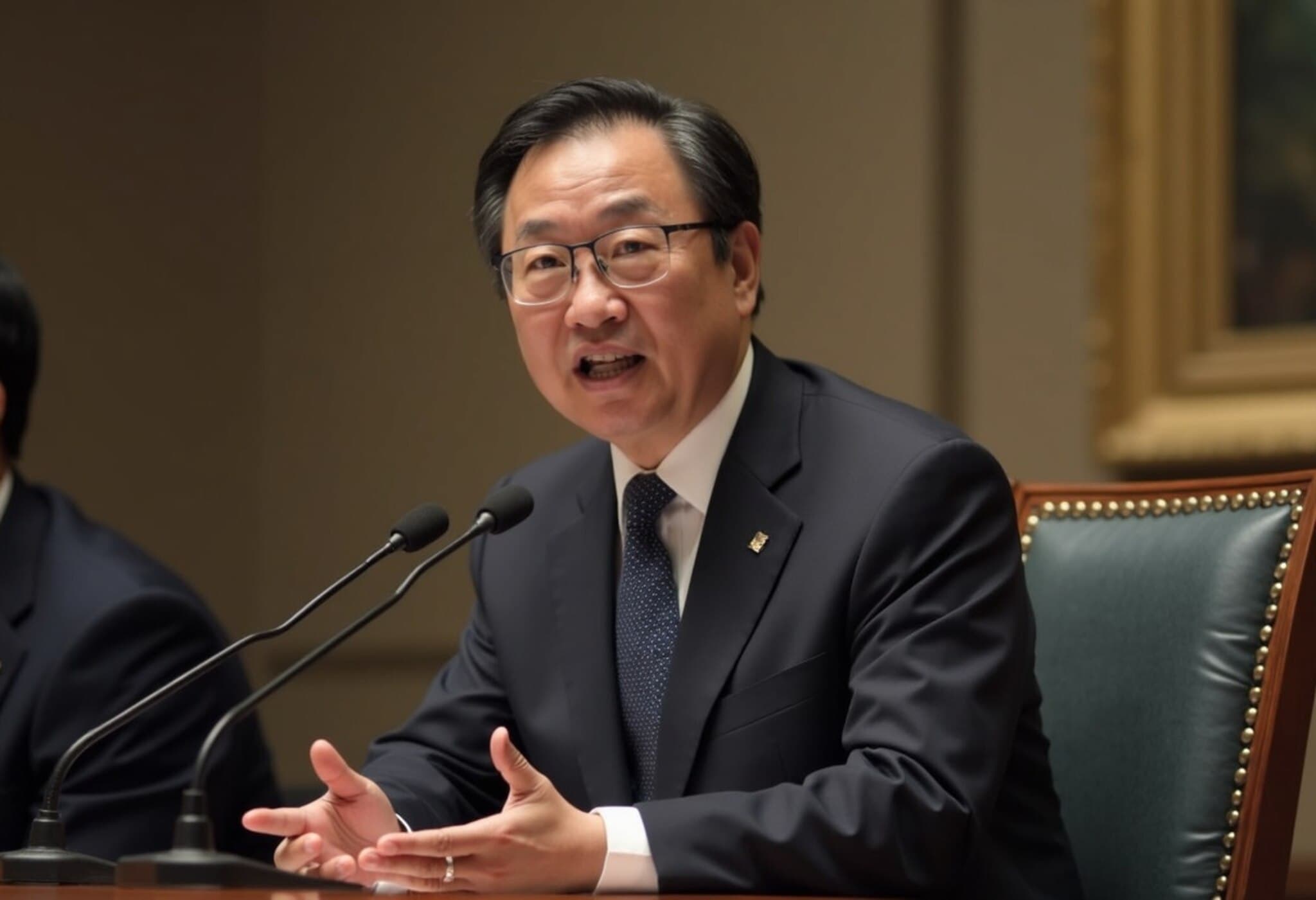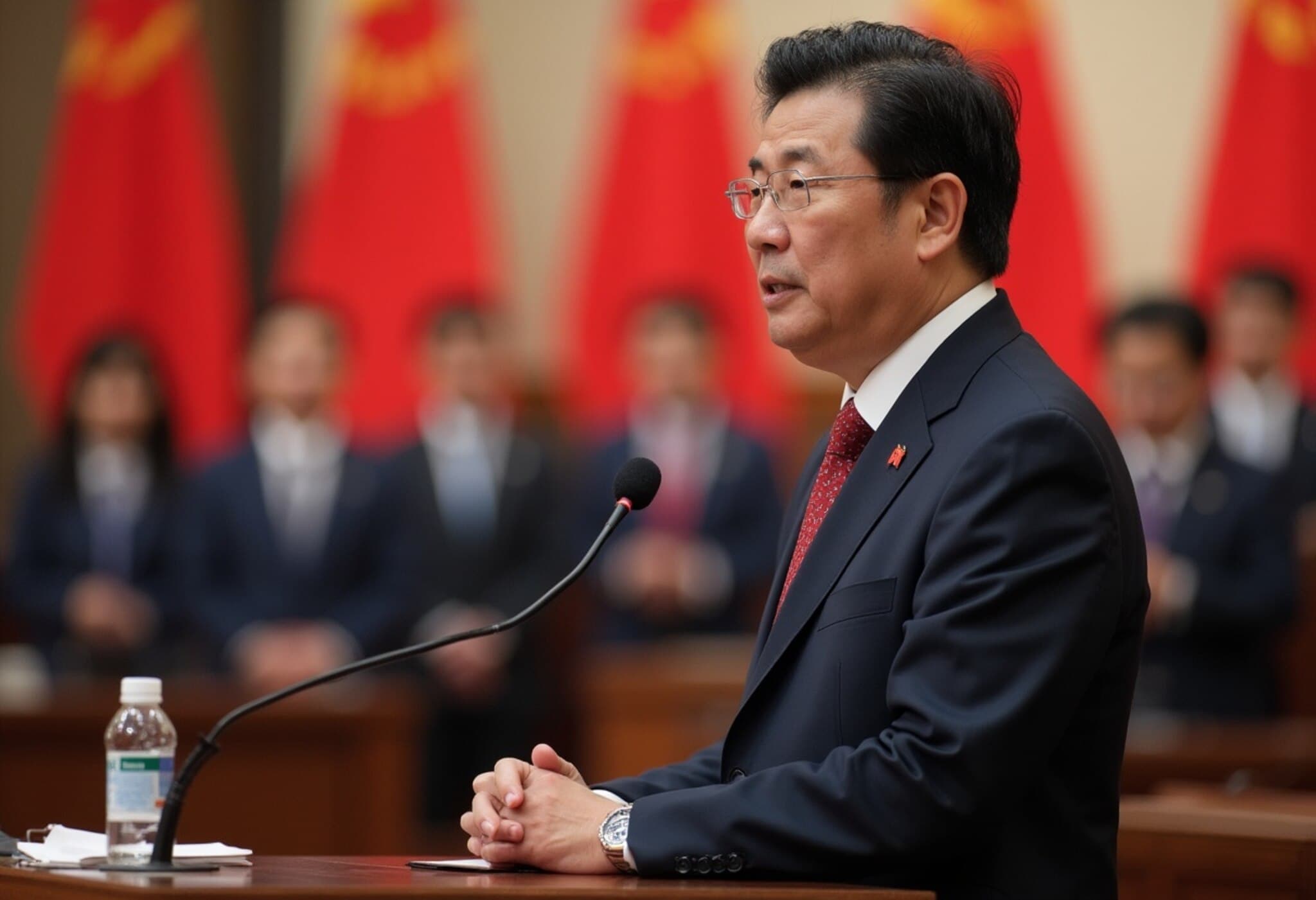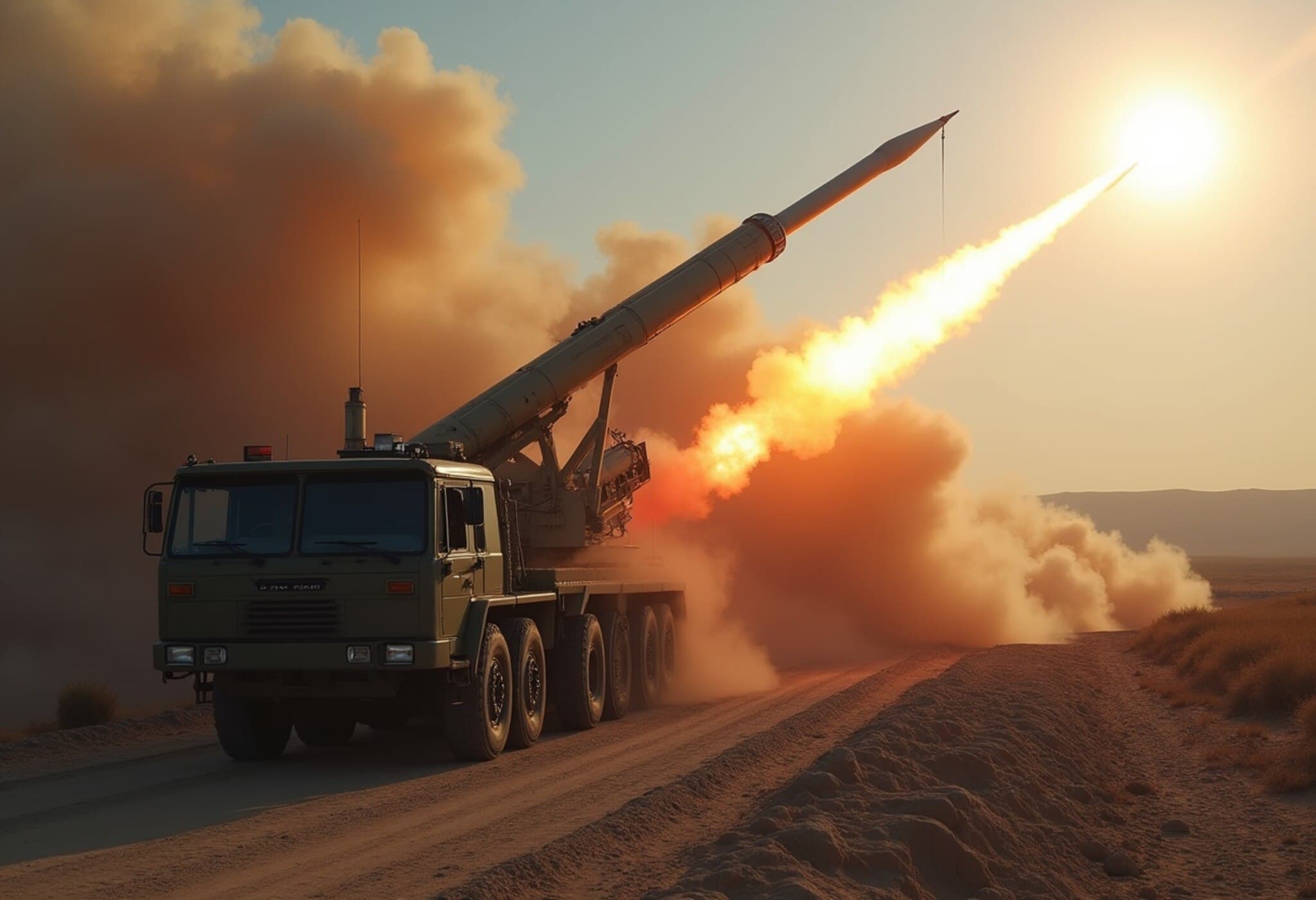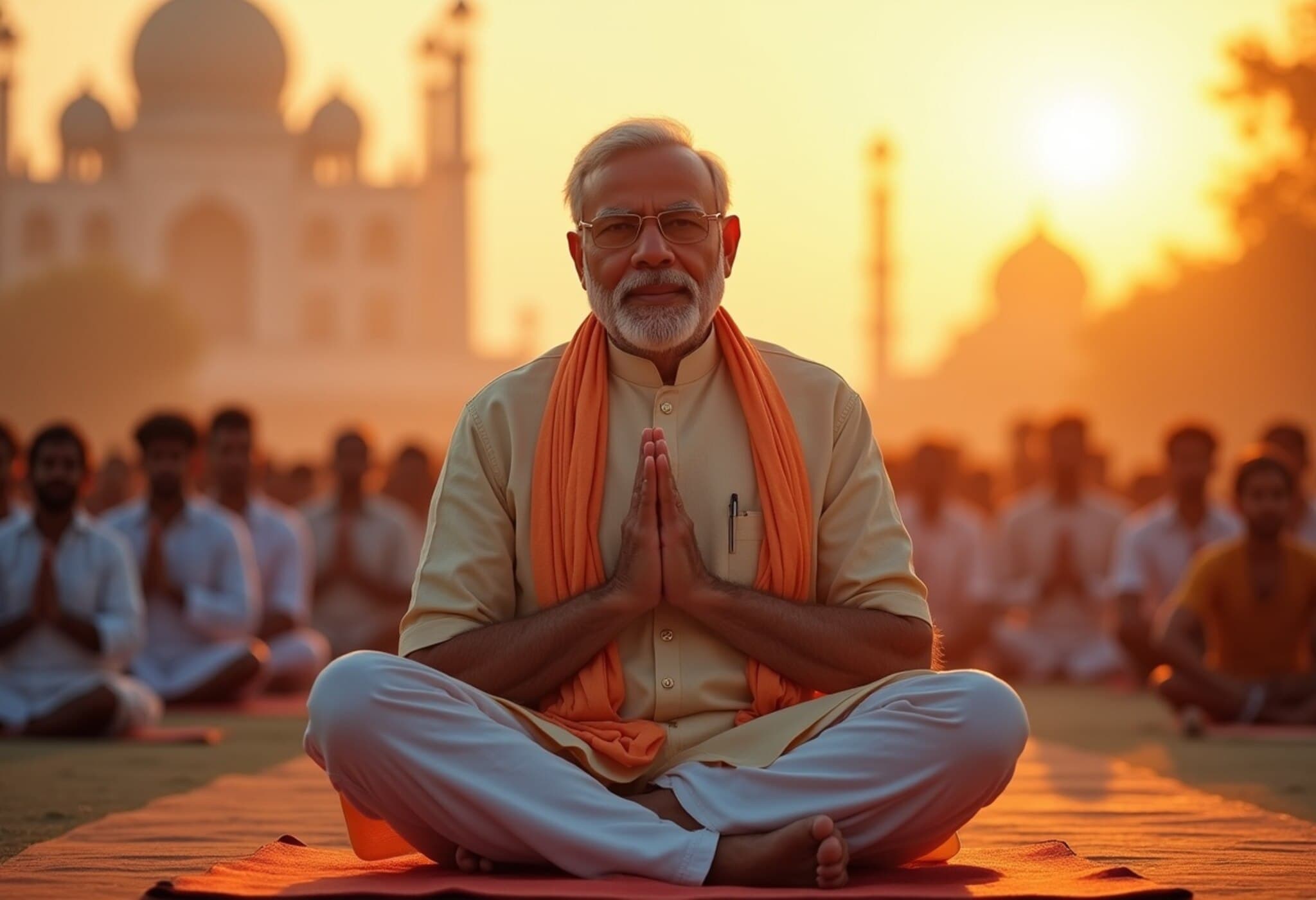Recall Vote Could Shift Taiwan’s Parliamentary Balance
Taiwan is gearing up for a significant recall vote next month that could reshape the political landscape and strengthen President Lai Ching-te's influence. The vote targets nearly one-quarter of the parliament’s lawmakers, all belonging to the main opposition party, the Kuomintang (KMT). This development offers the ruling Democratic Progressive Party (DPP) a chance to reclaim majority control of the legislature.
Background: Political Tug-of-War
Although Lai secured the presidency last year, his party, the DPP, lost its parliamentary majority, leaving the KMT and the Taiwan People’s Party (TPP) holding the most seats. Together, they control 62 out of 113 seats, with the DPP occupying the remaining 51.
Since the last election, the opposition has pushed through measures—including stringent budget cuts—that have rattled the ruling party. While civic groups initially spearheaded the recall campaigns, the DPP has since openly backed the effort, framing it as a stand against the opposition's warming ties with Beijing.
What’s at Stake This July 26
The recall votes will focus on 24 KMT lawmakers. For any recall to pass, it must secure more votes in favor than against, and the approval votes must exceed a quarter of the registered voters in each constituency—making voter turnout critical to the outcome.
Should the recalls succeed, Taiwan will hold by-elections later this year to fill the vacated seats. The next scheduled full parliamentary and presidential elections aren’t due until early 2028, meaning this recall could have an outsized impact on Taiwan’s political trajectory in the near term.
Party Positions and Cross-Strait Dynamics
The ruling DPP has strongly endorsed the recalls, even releasing a video urging citizens to vote ‘yes’ and “oppose the communists,” directly alluding to China and accusing the opposition of dangerously cozied relations with Beijing.
Conversely, the KMT lambasted the recall as “malicious” and premature, emphasizing dialogue with China as essential for maintaining communication and easing tensions. The party pledged to campaign against the recall, appealing to voters to reject what it labels the DPP’s “green communists” agenda.
China continues to reject any talks with Lai, whom it brands a “separatist,” and has increased military pressure in recent months. Attempts to recall DPP lawmakers fell short in collecting enough signatures, underscoring the politically charged nature of these proceedings.
The Road Ahead
This recall vote is more than a local political skirmish—it reflects Taiwan’s ongoing struggle to assert its democratic sovereignty amid escalating cross-strait tensions. If the DPP regains the legislature, Lai’s administration could wield greater power in navigating this complex geopolitical environment.
With so much at stake, all eyes will be on the voter turnout and public sentiment as Taiwan approaches this pivotal July vote.

